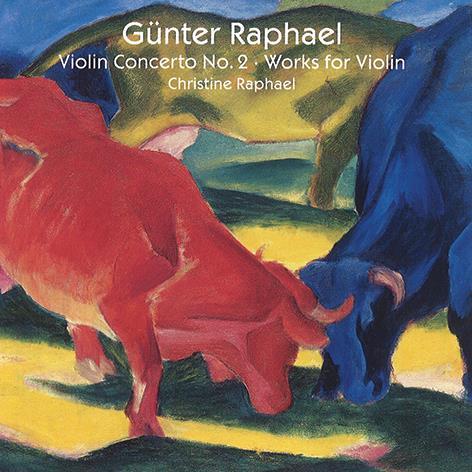
The Strad Issue: January 2011
Description: A concerto and chamber music from a forgotten figure of 20th-century German music
Musicians: Christine Raphael (violin) Max Rostal (violin/viola) Ulf Rodenhäuser (clarinet) Rainer Gepp, Ernst Gröschel (piano) Wolfgang Stockmeier (organ) Northwest German Philharmonic/Jorge Rotter
Composer: Raphael
Günter Raphael (1903–60) was a German composer and teacher who, despite being half-Jewish, managed to evade deportation or worse during the Third Reich. His musical roots were in the chromaticism of Reger and the formalism of Brahms, and though the more outrageous music of the Weimar Republic seems to have passed him by completely, by the postwar years he was writing in what he described as a ‘tonal twelve-tone’ style. The fact that his music was never ‘interesting’ enough to garner the ‘degenerate’ label should not detract from the attractiveness and ingenuity of his creations, which in their time attracted the patronage of many of the great conductors and soloists.
These recordings by his daughter Christine (who herself died in 2008) have been assembled from various German radio archives from the 1970s to the 90s. She comes across as a lithe, quick-witted player, though her tone is occasionally compromised by the claustrophobic studio sound of some of the sessions. She has obvious rapport with her various colleagues in the chamber pieces, notably with Max Rostal in two of the op.47 Duos (the third is with clarinet).
The major work is the Second Violin Concerto, written in 1959 and premiered posthumously. The lack of orchestral violins gives the accompaniment a crisp but sombre coloration that suits the music’s dark undercurrents – hints of Berg and Hindemith. Daringly, the concerto opens with a lengthy solo cadenza, which in Christine Raphael’s hands grabs the attention immediately. Through the sincerity and seriousness of her playing one can sense the shadow cast on the music by her father’s wartime experiences.
Matthew Rye

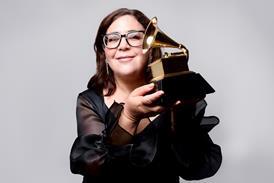
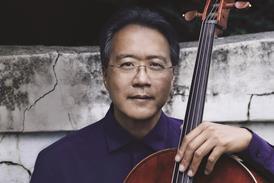






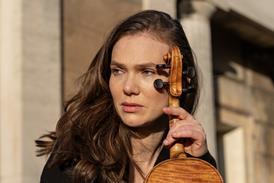
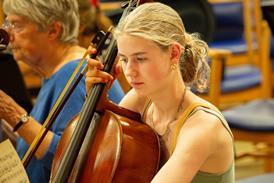





























No comments yet